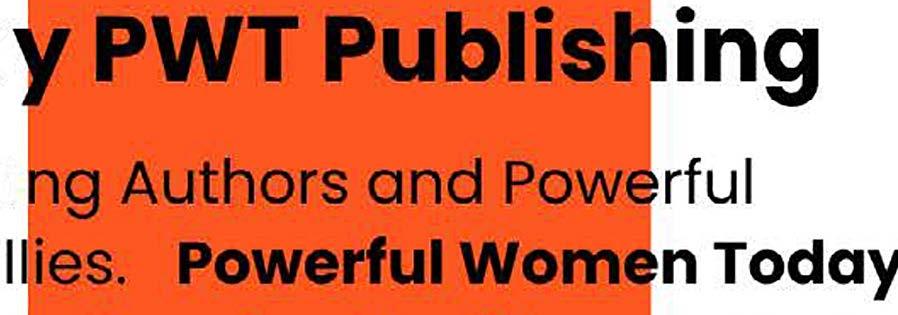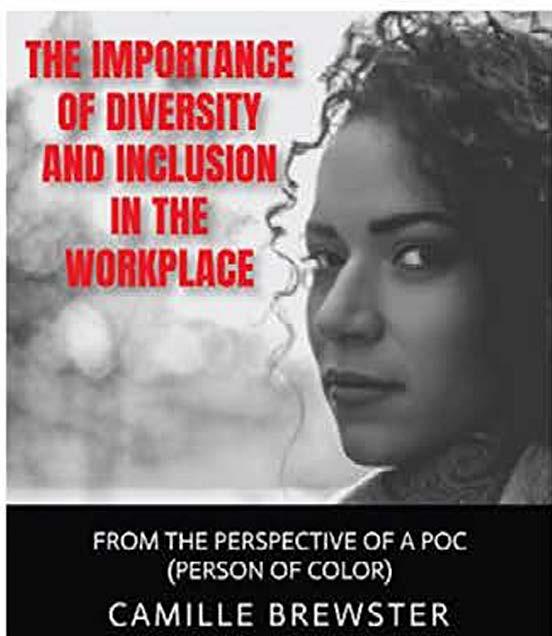
1 minute read
Unlearning to Heal from Trauma
by Lisa Ford
Trauma is really just a fancy name given to an emotional wound. When we talk about our own trauma, we are saying that in some way, we have been through a situation that caused us emotional distress. It may have taken the form of anything abuse, to neglect, to abandonment, to witnessing a scary event... Sadly more often than not, this trauma has occurred in our own homes and may have been passed on from one generation to another to another. Called “intergenerational trauma”, we have learned to survive by adapting to the embedded chaos that existed in our homes and has attempted to break away from that chaos by finding our own methods of getting through. We call these “coping skills.” (Long Term Effects of Child Abuse and Neglect ( https://preventchildabuse.org/latest-activity/long-termeffects-of-child-abuse-and-neglect/ ).
Advertisement
But coping skills may be maladaptive, meaning they do not help us to live our best lives including addiction, self-harm, sexual promiscuity, and even criminal behavior. It is not that we intend on thriving on these behaviors, (or in many cases, repeating the same behaviors that we have seen as we grew up), it is just that we have not learned how to “unlearn” those behaviors. When we are raised in, witness or are somehow exposed to trauma, we tend to subconsciously feel comfortable in the heightened emotion that we have become accustomed to. (Mind Support -Your mental health platform - https://mindsupport.eu/en/ article/6120f30cca3d380626b36fb9 ).
So how do you unlearn such deep-seated behaviors? One of the most important steps is therapy. Therapy is the process of taking apart the pieces of our lives to understand why we have adapted to our life stressors and developed the habits of survival that we needed to get through tumultuous times in our lives. In therapy, we explore the effects, behaviors, and the core belief systems that have been established to determine whether “the coping skills” are helping us to effectively manage our life stressors, and if they are not, what we can do to change or replace those behaviors. With therapy, we can also access psychotropic medications which help to restore the balance or equilibrium of our brains, so we “get out of our heads” and stop focusing on the trauma. It is extremely important to develop a relationship with the right therapist, and if the therapist is not the right fit, to change to someone more aligned with your needs. With the right treatment, therapy will no longer feel scary, and instead be an empowering catalyst for change.
In 2021, Lisa left the field of education to support her daughter, who underwent a mental health crisis, for a position in mental health as an Outpatient Therapist.













